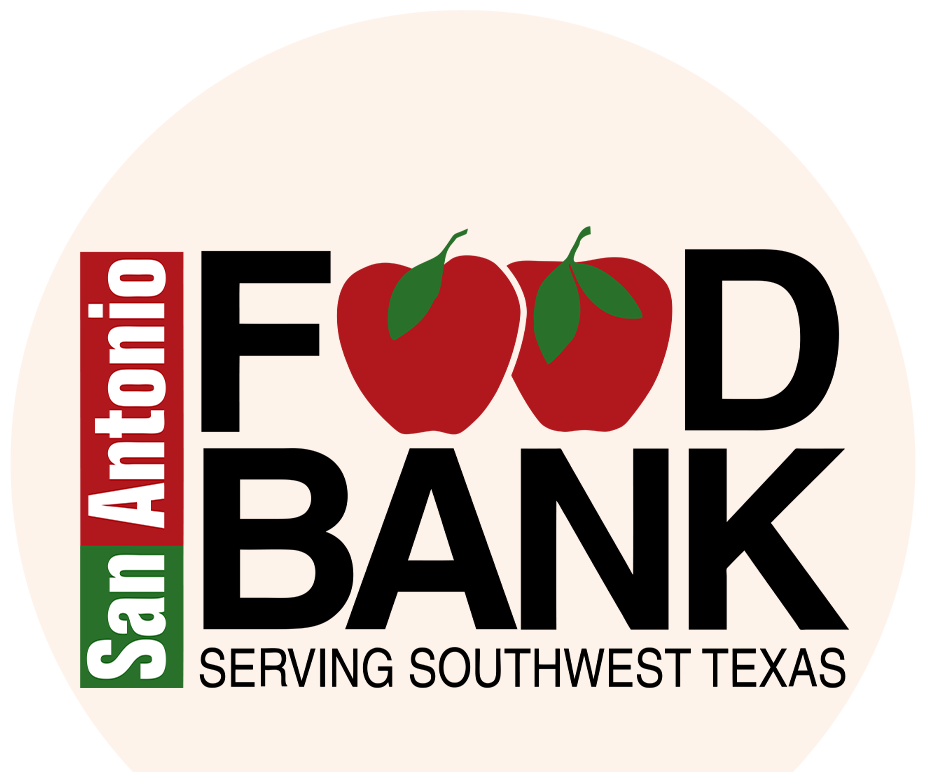Chef
Distracted Eating

By Haley Kinder, Dietetic Intern, Texas A&M University
Reviewed by: Katy Bowen, MS, RDN, LD
Have you ever grabbed a bag of potato chips for a snack, sat down in front of the tv, and the next thing you know, your hand is scraping at the bottom of the bag? You’re thinking, “No way! How did I eat this much?” This is very common and has happened to almost everyone at some point in their life. Sometimes we just don’t pay attention when we eat—this is called distracted eating. Your body is so smart. It tells you when you’re hungry and need fuel, and it also tells you when you’re full. When you eat while you’re distracted, you aren’t paying attention to those cues and you may eat when you aren’t hungry or overeat.
A group of scientists compared the eating behaviors of participants in two different conditions—a distraction condition and a no-distraction condition. In the distraction condition, the subjects ate lunch while playing solitaire, while the subjects in the no-distraction condition ate lunch in the absence of distractions. Thirty minutes later, all of the subjects participated in a biscuit taste test. They found that compared to those in the no-distraction group, the participants in the distraction conditions ate more, ate faster, reported lower fullness levels, couldn’t remember what they ate, and ate more snacks in the taste test.
Here are several tips to help reduce distracted eating:
- Turn off the electronics. Take a break from the tv, phone, game, or other devices when you eat. Electronics can be a major distractor during meals and make it hard for you to pay attention to your body.
- Eat with friends or family. It can feel more tempting to grab your phone or game when you eat alone. If you can, make meals an opportunity to engage with others. Eating with others allows you to be fully present and part of the eating experience, which helps with mindfulness.
- Slow down. Before you begin your meal, think about how hungry you are. While you are eating, slow down, savor each bite, and eat until you are full and satisfied.
- Change up the scenery. Eating doesn’t always have to happen at the table. Sometimes a change in environment can make the eating experience more enjoyable. Something as simple as a backyard or patio picnic can make a world of difference.
- Give yourself grace. It’s ok if occasionally, you eat a meal where you feel a bit distracted. Sometimes you need to rush everyone into the car and have a meal on-the-go. This is normal and human. Practice being more mindful as best as you can.
Oldham-Cooper RE, Hardman CA, Nicoll CE, Rogers PJ, Brunstrom JM. Playing a computer game during lunch affects fullness, memory for lunch, and later snack intake. Am J Clin Nutr. 2011;93(2):308-313. doi:10.3945/ajcn.110.004580



